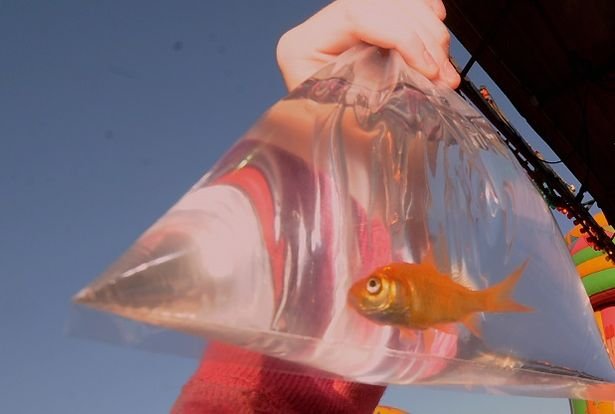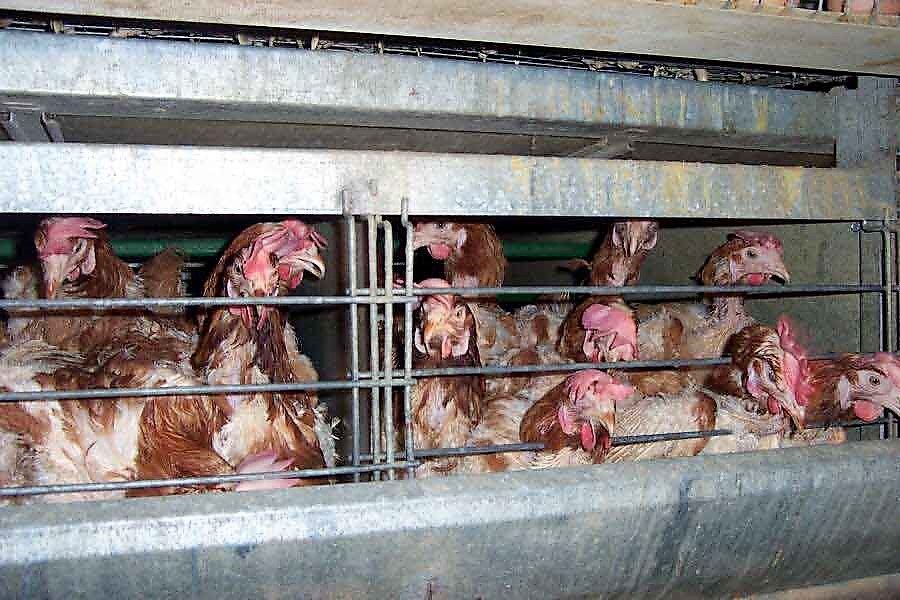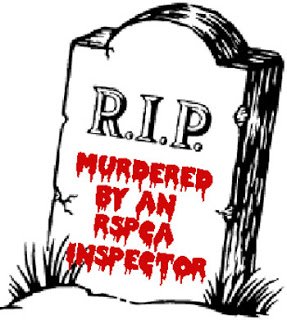The recent prosecution by the RSPCA of Josh Coles for eating a goldfish that he had just won at a fairground in Stafford caused a stir on social media and revulsion in many people, but there are those that see it as just a bit of harmless fun. Josh Coles pleaded guilty and received a 12 month community service order, £385 costs and was strangely banned from keeping fish for 5 years.
To its credit, the RSPCA stepped in early on when the craze became popular and has prosecuted many cases over the years but has perversely been accused of heavy handedness and expending money on pointless and worthless prosecutions as they are only fish.
Many people would suggest that as we pay little attention to fish slowly gasping for breath and asphyxiating on the quayside or on fish market slabs and that we find it entertaining to watch celebrities eat live small animals on reality shows why should we be so uptight about a goldfish.
What obviously shocked people the most was the fact that he ate a live goldfish, filmed it and displayed it on YouTube for no other reason than to gain fame and notoriety. It could also be that we identify goldfish and their ilk as pets not food, so we get upset when some inept unthinking person eats one at a funfair, in a Macdonalds restaurant or in the local pub.
Although these acts are mostly done under the influence of alcohol and for a dare there are many which are intentional and planned. Back in 2012, Louis Cole gained fame for regularly eating unusual live animals such as tarantulas and scorpions on his YouTube channel until he came unstuck after he ate a simple goldfish, as he didn’t realise that fish, by having a spine, are covered under anti-cruelty laws and he found himself under investigation by the RSPCA.
Eating live small animals is a common practice and a sure way of getting hits on social media which is awash with such videos. The sad part is that so many young adults appear to find it acceptable behaviour and amusing despite its lack of originality.
It was probably a surprise to many people that it is still lawful to continue this archaic tradition of giving goldfish as prizes in the first place, but it was yet another omission from the Animal Welfare Act back in 2006. Of course the frequency of these incidents could have been reduced if it had been banned as the fish would not have been so easily available.
Social media & Neknominate is mainly to blame.
The online drinking game of neknominate has fuelled the trend over the last few years. In 2014 a 22-year old named Gavin Hope prepared a cocktail then swallowed a pet goldfish and washed it down with a pint as a neknominate dare and was heavily penalised with a £330 fine and £3430 costs. Some take it too far and in the same year Sheldon Jeans swallowed a live frog and lizard and was prosecuted receiving £1,200 in costs.
Although such behaviour is nothing new, social media encourages far more of it in this modern era. There is a pattern to it though, as it mainly involves drunken young males who once they find themselves in court declare they didn’t mean any harm and believe it is funny.
“I didn’t think it was a big issue and I’m an animal lover”
In another incident a Robert Atkinson aged 20 was filmed by his friend Lewis Summers, who ironically worked in a solicitors office, swallowing a live goldfish in their local MacDonald’s having first put it in a pint of beer. Atkinson pleaded guilty and Summers guilty to aiding and abetting and they were both ordered to serve 40 hours of unpaid work and pay a £723 fine each, alongside a victim surcharge of £60. It was a premeditated action and yet he viewed himself as an “animal lover”.
“I didn’t think it was a big issue with it being a small animal. I’m an animal lover myself and I didn’t know I was committing an offence. I have thousands of followers on social media, and I posted the video because I knew it would go viral. Some people thought it was funny but there were a few who thought it was cruel.
Robert Atkinson in his defence.
Judges and Magistrates appear to take the issue seriously.
What is interesting is that magistrates and judges appear to agree that it is a serious act and have made this quite clear. At the trial of Gavin Hope presiding magistrate, David Randall, called it “a stupid thoughtless incident” and at the trial of Atkinson and Summers the judge, to his credit, summed it up in this way and I cannot put it any better:
The real question is how far down the evolutionary scale should we go in pursuing prosecutions of people who commit such acts of cruelty before it is viewed as nonsensical and heavy handed. Theoretically any lack of respect of a living creature must surely be tackled as who knows where it might lead if left unpunished.





